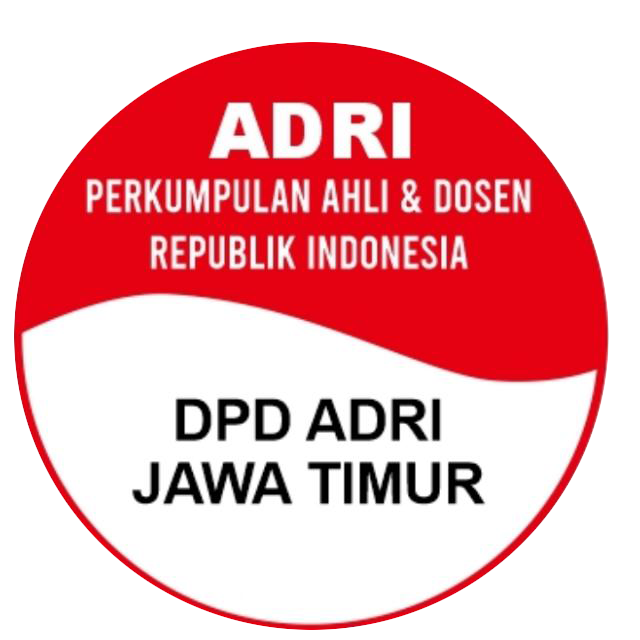The Principle of Fault In Absolute Responsibility For Environmental Crimes (Study of Decision Number 107/PDT.G/Lh/2019/PN JMB)
DOI:
https://doi.org/10.55173/yurisdiksi.v21i3.317Keywords:
Principle of Fault, Absolute Liability, CorporationAbstract
The environment holds an important position in the Indonesian legal system as stipulated in Article 28H paragraph (1) and Article 33 paragraph (4) of the 1945 Constitution of the Republic of Indonesia, which guarantees the right to a good and healthy environment. However, the increasing number of corporate activities that cause environmental pollution and damage raises fundamental issues related to criminal liability. Classical criminal law adheres to the principle of fault (mens rea), namely that a person can only be punished if they have intent (dolus) or negligence (culpa). The application of this principle becomes problematic when the perpetrator is a corporation that does not have an inner will like humans. To address this, Law Number 32 of 2009 concerning Environmental Protection and Management introduced the principle of strict liability, which allows for criminal punishment without proving the element of fault if environmental pollution or damage is proven to have occurred. This study analyzes the application of the principle of fault and the principle of strict liability in the Jambi District Court Decision Number 107/Pdt.G/LH/2019/PN Jmb using a juridical-normative method with a statutory and case approach. The study's findings indicate that the application of strict liability in the decision reflects a paradigm shift in environmental criminal law from a fault-based model to a system of accountability oriented toward ecological protection. While this principle strengthens the victim's position and the effectiveness of environmental law, it has also generated debate because it potentially undermines the principle of geen straf zonder schuld (no crime without fault).
References
Asshidiqie, J. (2009). Green Constitutions: Nuansa Hijau Undang-Undang Dasar Negara Republik Indonesia Tahun 1945. Jakarta: Raja Grafindo.
Brahmantiyo Rasyidi, G. N. (2023). Asas Pertanggungjawaban Mutlak dalam Penuntutan Tindak Pidana Lingkungan oleh Korporasi. Jurnal Humaniora: Jurnal Hukum dan Ilmu Sosial, Vol. 1, No. 2, 40–52.
Eryarifa, S. (2022). Asas Strict Liability dalam Pertanggungjawaban Pidana Korporasi Pada Tindak Pidana Lingkungan Hidup. Jurnal MAHUPAS, Vol. 1, No. 2, 101–114.
Hakim, L. (2019). Asas-asas Hukum Pidana: Buku Ajar Bagi Mahasiswa. Yogyakarta: Deepublish.
Hakim, L. (2019). Implementasi Teori Dualistis Hukum Pidana Di Dalam Rancangan Kitab Undang-Undang Hukum Pidana. Jurnal Kertha Bhayangkara, Vol. 13, No. 1, 1–15.
Harkrisnowo, H. (2019). Redefinisi Pidana Dan Pemidanaan Korporasi Dalam Perspektif Rancangan Undang-Undang Kitab Undang-Undang Hukum Pidana. Jurnal Legislasi Indonesia, Vol. 16, No. 4, 411–417.
Iskandar. (2011). Konsepsi dan Pengaturan Hak Atas Lingkungan Hidup yang Baik dan Sehat (Kajian Perspektif Hak Asasi Manusia dalam Pengelolaan Lingkungan Hidup). Bengkulu: Universitas Bengkulu.
Manullang. (2020). Pertanggungjawaban Pidana Korupsi.
Marzuki, P. M. (2007). Penelitian Hukum. Jakarta: Kencana.
Muchtar, M. (2015). Perlindungan dan Pengelolaan Lingkungan Hidup. Jakarta: Prestasi Pustaka.
Muladi, B. N. (1984). Teori-Teori dan Kebijakan Pidana. Bandung: Alumni.
Nugroho, R. (2023). Pertanggungjawaban Pidana Terhadap Tindakan Korporasi Atas Ancaman Kepada Debitur Dalam Penagihan Pinjaman Online. Jurnal Lex Crimen, Vol. XII, No. 2, 1–18.
Puspaningrum. (2011). Tanggung Jawab Organ Perseroan Terbatas (PT) dalam Kepailitan. Jurnal Wacana Hukum, Vol. 10, No. 2, 23499.
Rhiti, H. (2015). Tanggungjawab Mutlak dalam Penyelesaian Sengketa Lingkungan Hidup. Jurnal Justitia et Pax, Vol. 3, No. 2, 25–40.
Saleh, R. (1983). Perbuatan Pidana dan Pertanggungjawaban Pidana: Dua Pengertian Dasar dalam Hukum Pidana.Jakarta: Aksara Baru.
Susanti, Z. A. (2017). Analisis Terhadap Korporasi Sebagai Subyek Hukum di Dalam Undang-Undang No. 32 Tahun 2009 Tentang Perlindungan dan Pengelolaan Lingkungan Hidup. UIR Law Review, Vol. 1, No. 2, 148–160.
Wardana, A. (2007). Perusakan Lingkungan Sebagai Pelanggaran HAM. Jakarta.
Downloads
Published
Issue
Section
License
Copyright (c) 2025 Fitria Wildasari, Tongat

This work is licensed under a Creative Commons Attribution-ShareAlike 4.0 International License.












